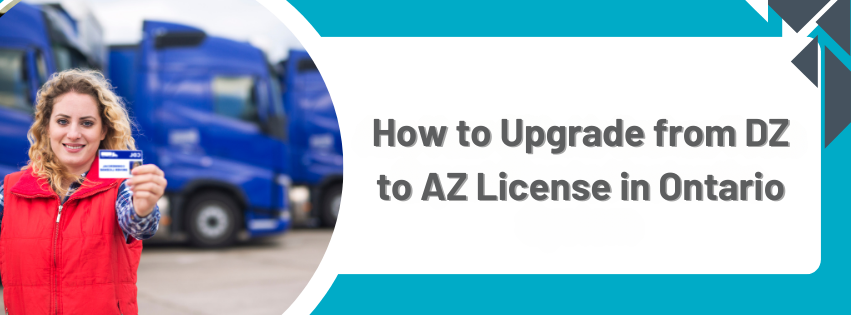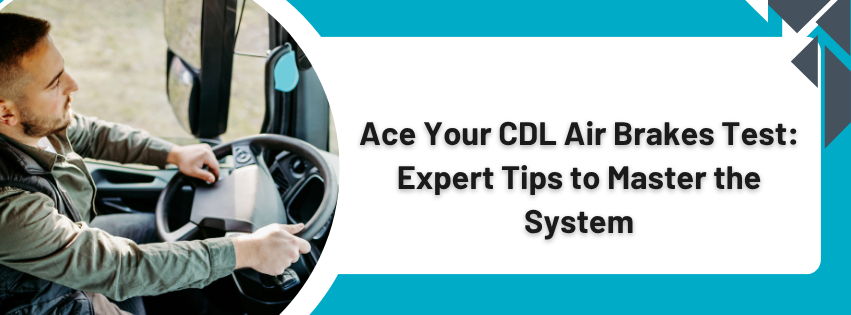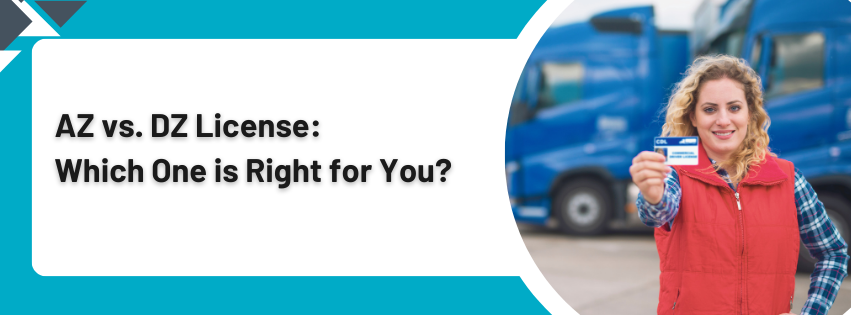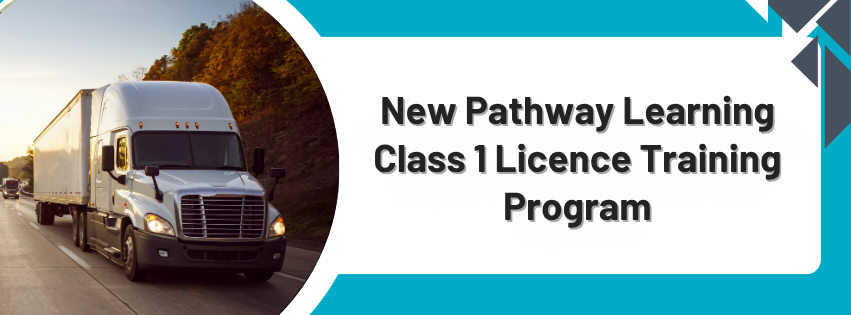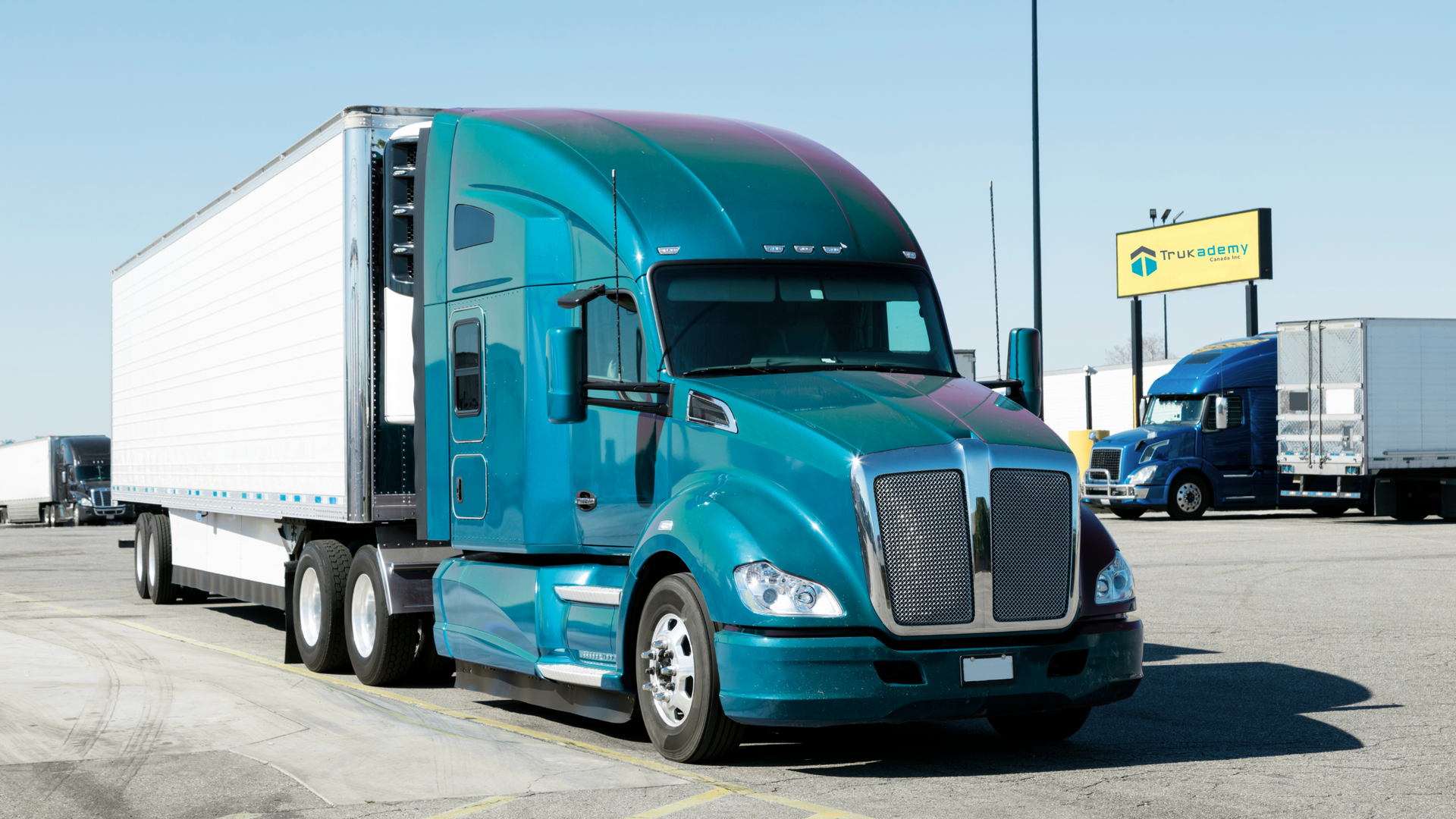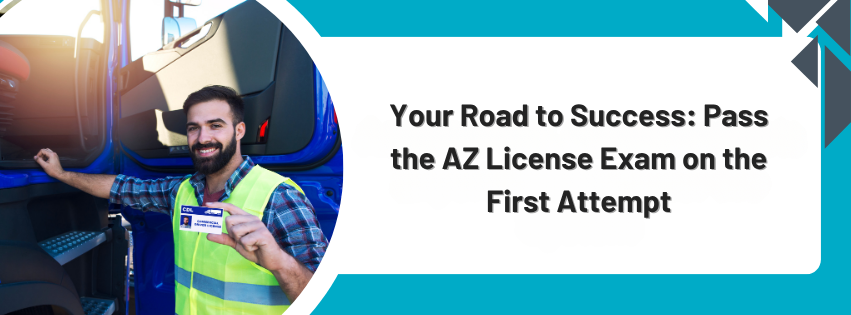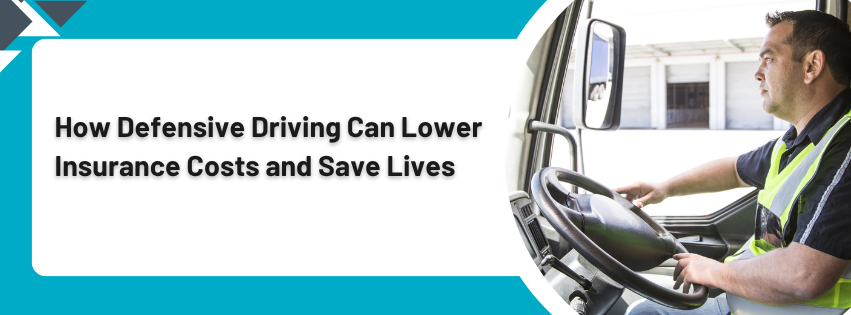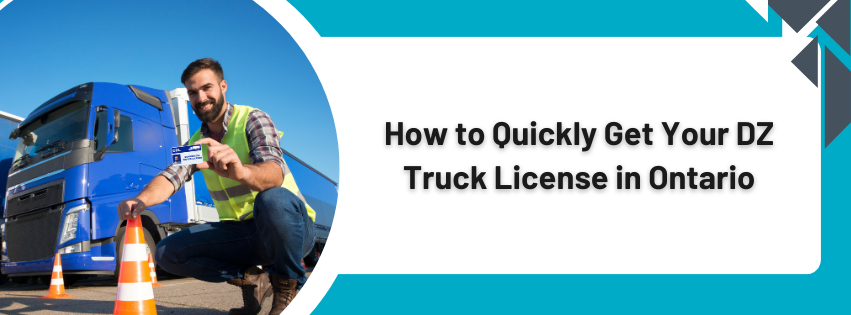High-Paying Trucking Jobs in Canada: How to Get Started

Trucking in Canada offers a pathway to lucrative career opportunities, attracting both seasoned professionals and newcomers alike. As the demand for goods transport soars, high-paying trucking jobs in Canada have become more accessible than ever before. But how do you break into this thriving industry? Whether you’re an aspiring driver or seeking to elevate your career, understanding the required qualifications and finding the right training programs are essential steps. From long-haul trucking to specialized freight, the options are diverse and rewarding.
In this article, we'll help you understand how to get started in the trucking industry in Canada, highlighting the best-paying opportunities, necessary training, and steps to obtain your commercial driver's license (CDL). Get ready to hit the road towards career success and financial stability!
Why Choose a Trucking Career in Canada?
Choosing a career in trucking comes with numerous advantages that make it an appealing option for many individuals.
1. High Demand and Job Security
The Canadian economy heavily relies on the transportation sector. With an aging workforce and increasing freight needs, skilled truck drivers are in high demand. According to industry reports, Canada needs thousands of new truck drivers annually, making it a stable career choice.
2. Competitive Salaries
Trucking salaries vary based on experience, route, and specialization. However, some trucking jobs pay significantly higher than others. Here are a few high-paying trucking positions in Canada:
- Long-Haul Truck Drivers – Earn between $70,000 and $120,000 annually.
- Ice Road Truckers – Can make over $100,000 in just a few months due to the challenging nature of the job.
- Tanker Truck Drivers – Specializing in transporting hazardous materials, these drivers earn $80,000 to $110,000 per year.
- Oversized Load Drivers – Hauling heavy machinery or oversized loads can bring in $90,000 to $130,000 annually.
- Owner-Operators – Owning your truck allows you to earn $150,000 or more, depending on the routes and contracts you secure.
3. Flexibility and Travel Opportunities
Truck driving offers different work schedules, including local, regional, and long-haul routes. This flexibility allows you to choose jobs that fit your lifestyle while exploring different parts of Canada and even the United States.
How to Get Started in the Trucking Industry
Step 1: Meet the Basic Requirements
Before you begin your trucking journey, you need to meet certain eligibility criteria:
- Be at least 18 years old (21 for cross-border driving).
- Have a valid driver’s license.
- Be physically fit to meet medical and vision requirements.
- Pass background checks, especially if transporting hazardous materials.
Step 2: Enroll in a Trucking School
Professional training is essential to becoming a successful truck driver. Trukademy, one of the leading trucking training schools in Canada, provides comprehensive courses to help you obtain your CDL and prepare for a rewarding career. Key benefits of enrolling in a trucking school include:
- Hands-on training with experienced instructors.
- Knowledge of traffic laws and safety regulations.
- Practical road experience to boost confidence.
- Preparation for the written and road tests required to obtain your commercial driver’s license.
Step 3: Obtain Your Commercial Driver’s License (CDL)
To legally operate a commercial truck in Canada, you must acquire a Class 1, 2, or 3 license, depending on the type of truck you plan to drive. Here’s how to get your CDL:
- Pass a written knowledge test.
- Complete mandatory training hours (varies by province).
- Pass a road test with an approved examiner.
- Obtain necessary endorsements for specialized hauling, such as hazardous materials or air brakes.
Step 4: Gain Experience and Build Your Reputation
Many trucking companies prefer hiring drivers with experience. Starting with an entry-level trucking job helps you gain industry knowledge and improve your driving skills. Some companies also offer mentorship programs where new drivers work alongside seasoned professionals to build expertise.
Step 5: Apply for High-Paying Trucking Jobs
Once you have your CDL and some experience, you can start applying for top-paying trucking jobs in Canada. Here are a few strategies to maximize your earning potential:
- Specialize in a Niche Market – Jobs like ice road trucking or hauling dangerous goods pay significantly higher.
- Consider Becoming an Owner-Operator – If you’re willing to invest in your own truck, you can negotiate better contracts and increase your earnings.
- Look for Cross-Border Opportunities – Trucking companies that operate in the U.S. often offer higher salaries for long-haul trips.
- Work with a Reputable Trucking Company – Companies with strong employee benefits and higher pay scales can provide better long-term career stability.
Best Provinces in Canada for Trucking Jobs
The demand for truck drivers in Canada is strong across the country, but certain provinces offer particularly favorable conditions for those seeking high-paying trucking jobs. Here are the top provinces for trucking careers:
- Alberta – High demand for truckers in the oil and gas industry.
- Ontario – Largest number of trucking companies and job opportunities.
- British Columbia – Competitive salaries and scenic routes for long-haul drivers.
- Quebec – Growing logistics sector with steady demand for drivers.
- Manitoba – Strong transportation hub with cross-border routes.
How Trukademy Truck Driving School Helps
Choosing the right trucking school in Canada is a crucial step in launching a successful trucking career, and Trukademy Truck Driving School stands out as a top choice for aspiring drivers. Trukademy offers comprehensive training programs designed to equip students with the skills and knowledge required to excel in the trucking industry. The school's curriculum covers essential topics such as vehicle operation, safety protocols, and industry regulations, ensuring that graduates are well-prepared to obtain their commercial driver's license (CDL) and succeed on the road.
One of the key advantages of Trukademy is its experienced and knowledgeable instructors. The instructors at Trukademy bring a wealth of real-world experience to the classroom, providing students with valuable insights and practical advice. Their hands-on approach to teaching ensures that students receive personalized instruction and guidance, helping them build confidence and competence behind the wheel. Additionally, Trukademy's state-of-the-art training facilities and modern fleet of vehicles provide an optimal learning environment for students.
Trukademy also offers job placement assistance to help graduates secure employment upon completing their training. The school has established strong partnerships with leading trucking companies, providing students with access to job opportunities and industry connections. Trukademy's dedicated career services team works closely with students to prepare them for job interviews, refine their resumes, and connect them with potential employers. This support is invaluable in helping graduates transition smoothly into their new careers and achieve long-term success in the trucking industry.
Conclusion
Trucking in Canada is a rewarding career with excellent earning potential and job stability. By following the right steps—getting proper training, obtaining your CDL, and gaining experience—you can secure a high-paying trucking job. If you're ready to start your journey in the trucking industry, Trukademy provides the best training programs to help you succeed. Take the first step today and drive towards a prosperous future!

